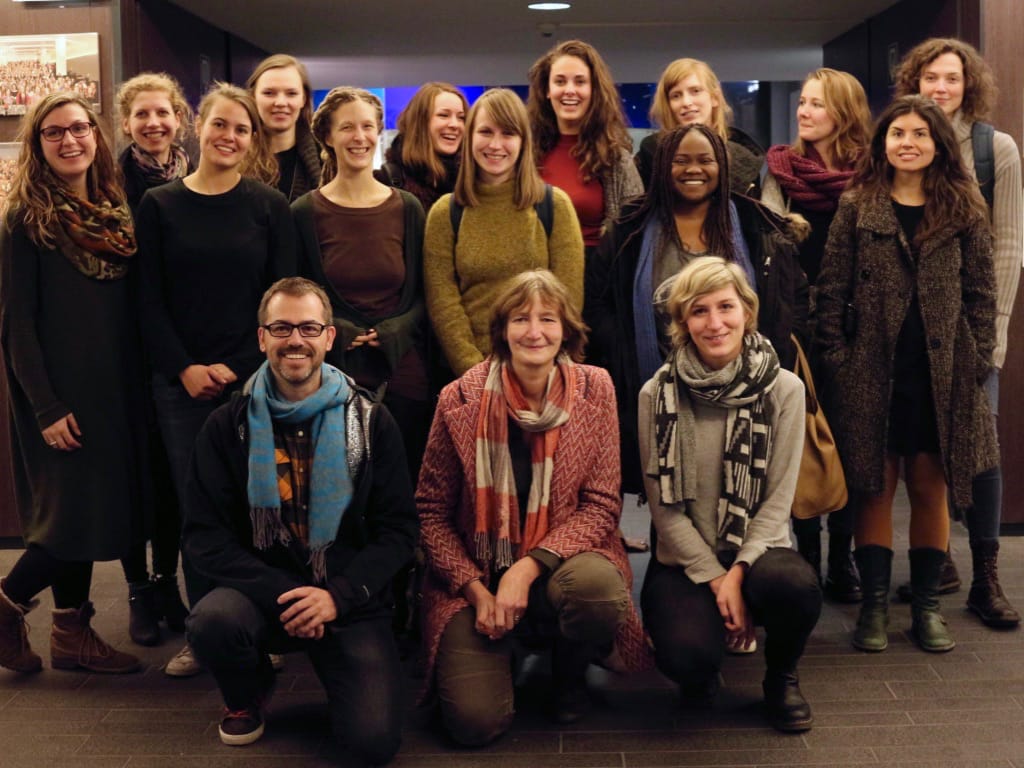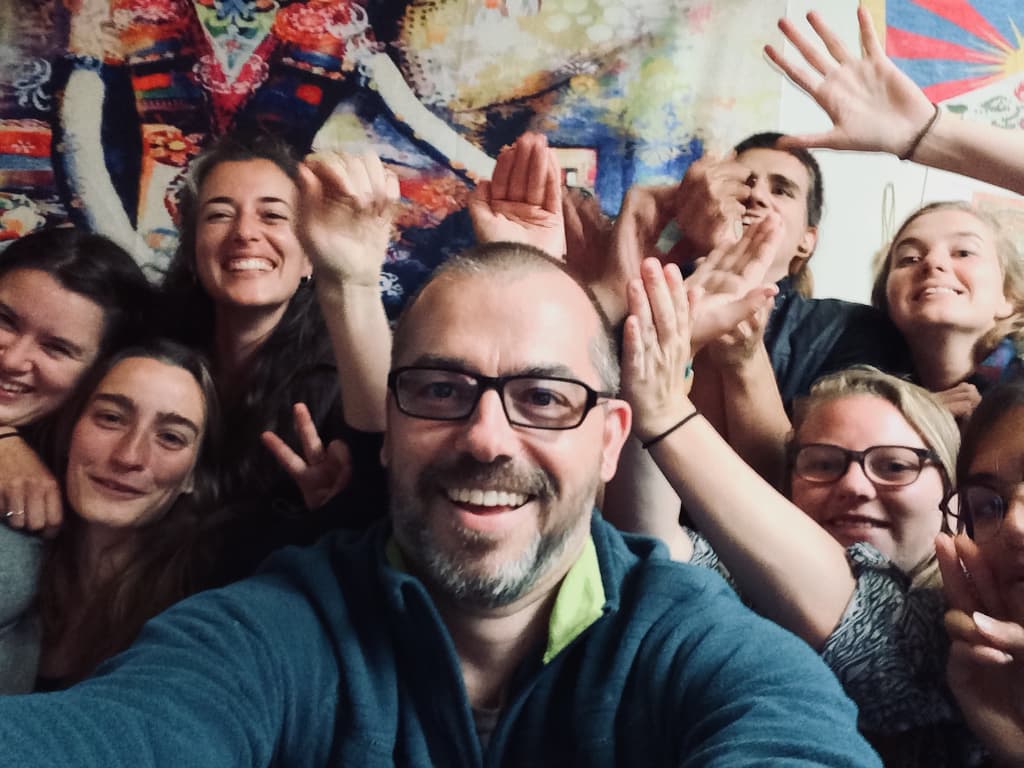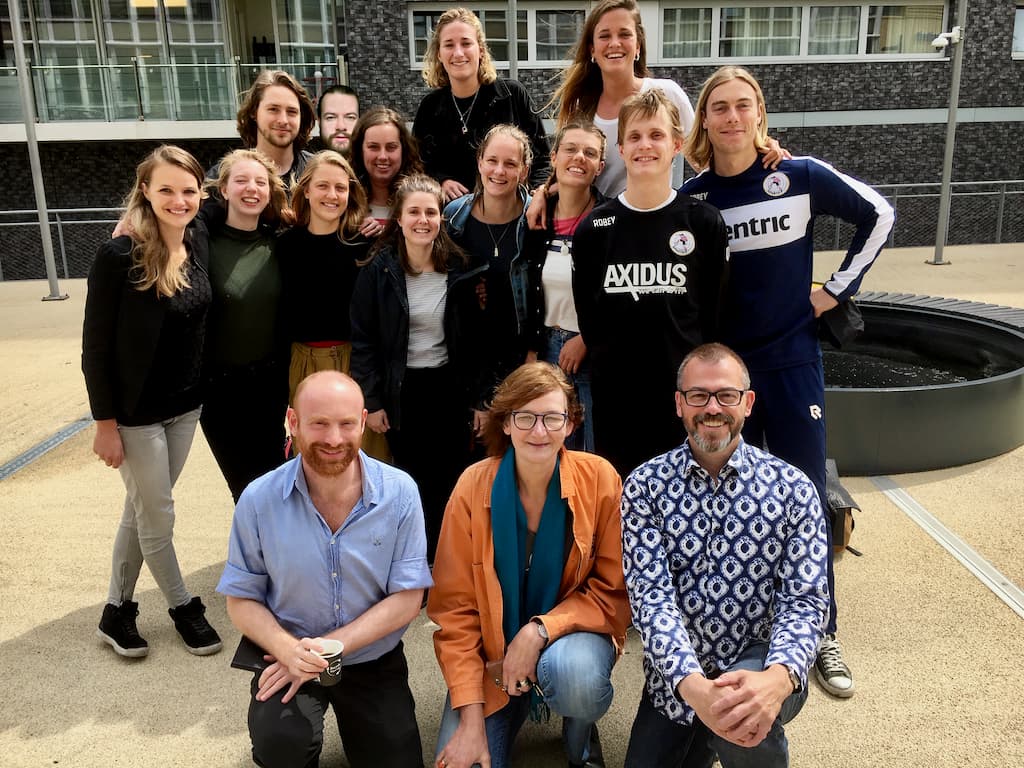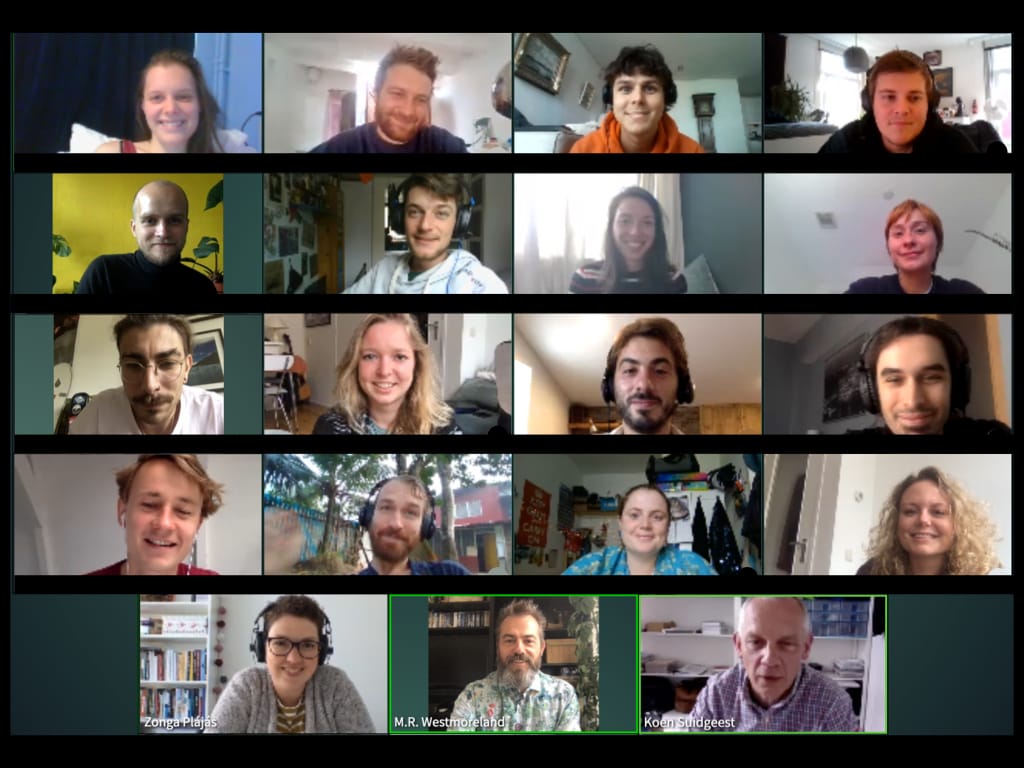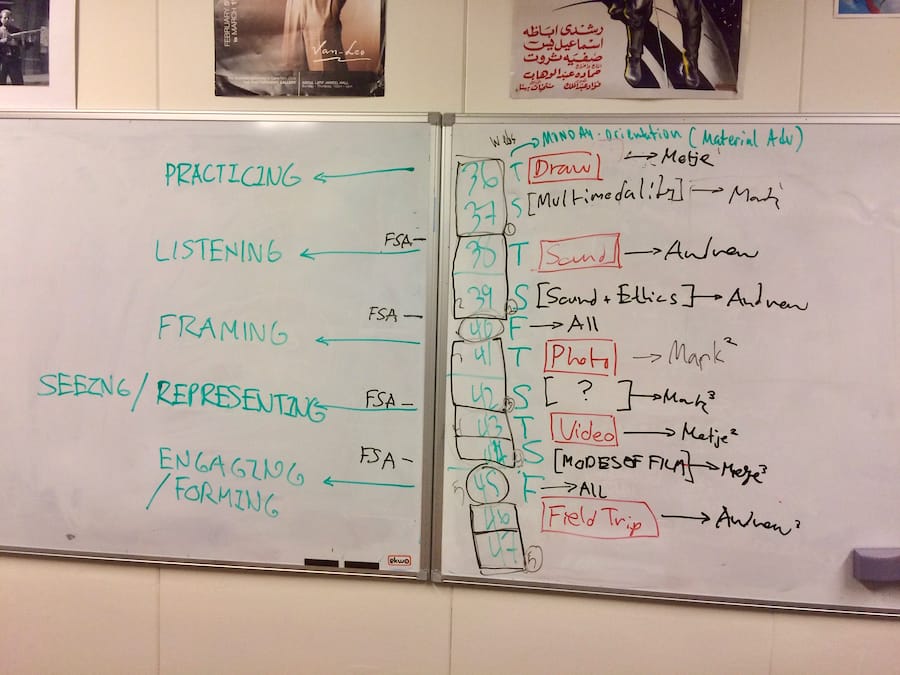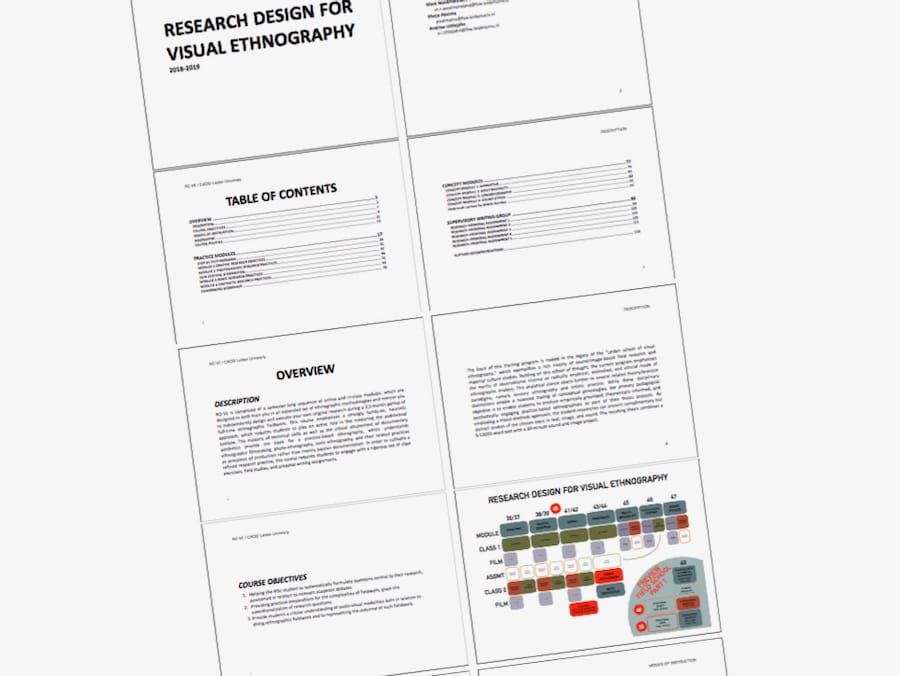This website serves as a virtual “course-book” that accompanies the Masters Specialization in Visual Ethnography.
This Course features a sequence of multimodal modules that are designed to help you attune your technical and methodological skills, while also enhancing your conceptual knowledge and designing your own research project.

The Course is divided into three sections each corresponding to a different phase of the program.
- Research Design for Visual Ethnography runs through the fall semester and helps you craft a compelling research proposal.
- The Visual Ethnography in Process program supports the field research phase with three parts:
- The Field Preparations workshop at the beginning of December for final pre-departure training.
- A series of Field Reports made while on location (January — mid-March).
- The Organizing, Editing & Analysis workshop upon your return in the last two weeks in March.
- Thesis Seminar for Visual Ethnography will guide you through the final phase of preparing a multimodal thesis that includes a written text and an audio-visual output.
Why have we structured the course like this?
We are dedicated to providing you with the best master’s-level training in visual ethnography possible in one year. We take this task very seriously and expect you to as well, however, we are limited in our time and must strategize how to make the most of it.
In the span of a few months, you will have written a defensible proposal and prepared to enter the field with a well-honed methodological practice using professional audiovisual equipment. To do that requires that you master a varied set of skills — conceptual, methodological, technical, and aesthetical. In essence, multimodal ethnography.
We have built this online material to fully compliment our face-to-face time. Rather than spending our quality time together by lecturing and providing instruction, we have provided these to you as recordings that allow you to consume and review them at your own pace. We have also carefully paired these online lectures with companion literature, films, sound recordings, etc. that will help you secure your understanding of these applications.
Please note that this web course-book is in a beta form, so there may be some hiccups. Please report any wrinkles you encounter, but hopefully you won’t hit any serious troubles. And give us your patience.
Below are some images that highlight the intensive planning that has gone into producing this content. You are the beneficiaries of several years of development and testing. But we are always open for feedback and ways to improve our materials and instructional execution.
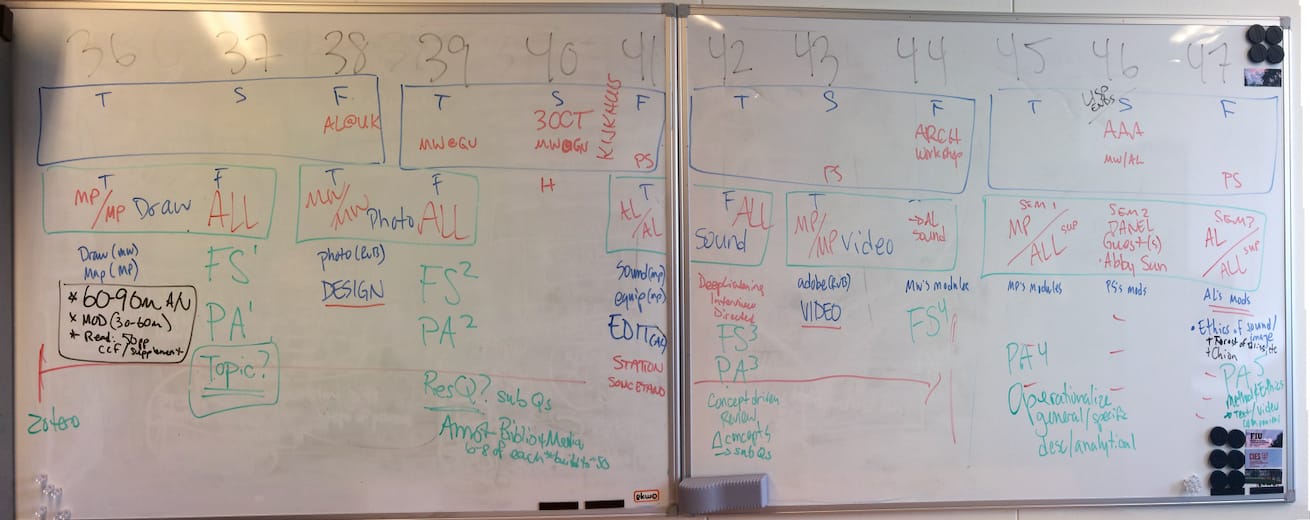
Course Authors

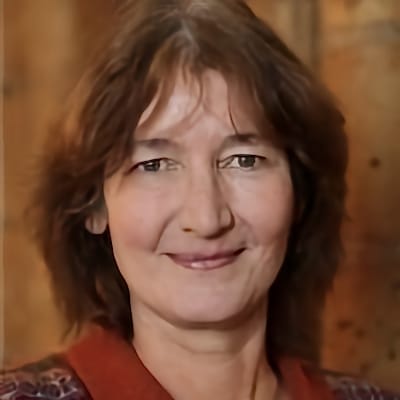

Contributors
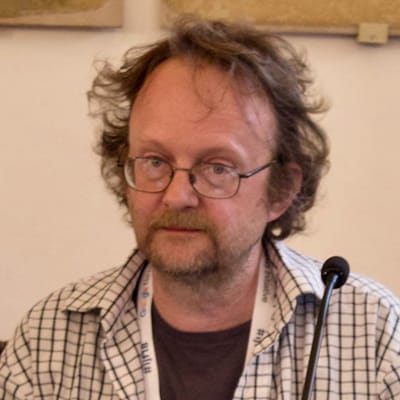

Course Instructors

Mark Westmoreland
course coordinator

Metje Postma

Koen Suidgeest


